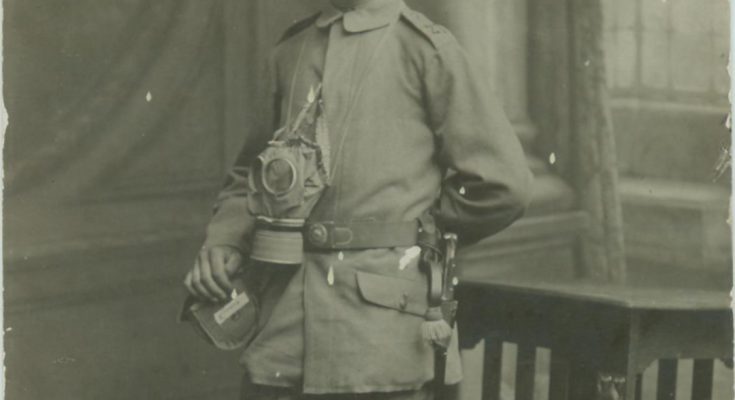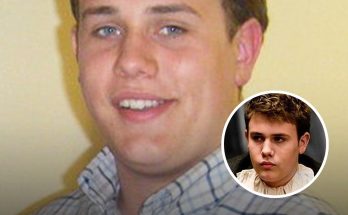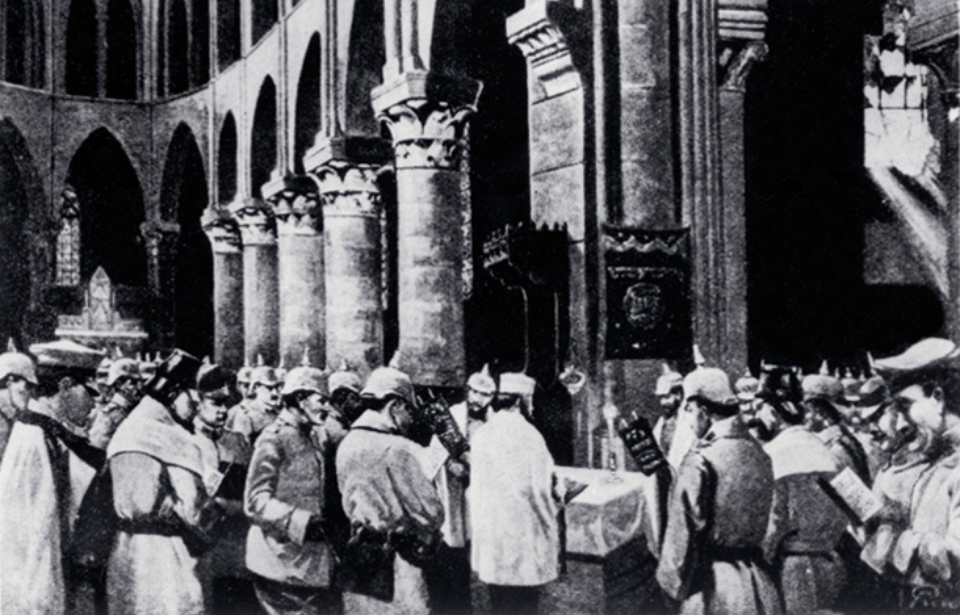
Prior to the Second World War, Jewish soldiers actively fought in the German Army. This included World War I and a number of conflicts fought by the Prussians throughout the 19th century. The following is a look at what happened to these veterans during World War II, and how their prior military service didn’t always protect them from the Führer’s anti-semitic beliefs and policies.
Service of Jewish German soldiers prior to the World Wars
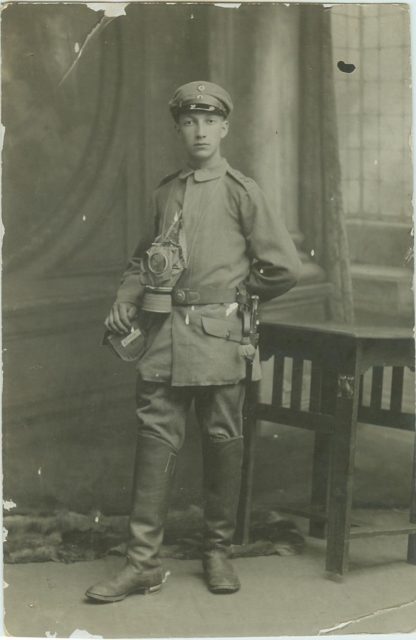
Prior to the World Wars, Jewish soldiers served in the Prussian Army in a number of conflicts, the first of which was the German Campaign of 1813 – better known as the Wars of Liberation. Up against French leader Napoleon Bonaparte, the year-long war put an end to the overarching power of the First French Empire.
This victory was followed by service in the Prussian Army during the Second Schleswig War (1864), the Austro-Prussian War (1866) and the Franco-Prussian War (1870-71). The latter led to the establishment of the German Empire, under which the Jewish soldiers who’d served were not afforded equal rights. They were barred from officer and government ranks, with the only exceptions being in the likes of the Kingdom of Bavaria and Hamburg.
Between 1880 and 1910, it’s estimated that 30,000 Jewish German soldiers served in the Prussian Army, the highest-ranking of which was Meno Burg, who’d achieved the rank of Judenmajor (Jew major).
Jewish German Soldiers distinguish themselves during World War I
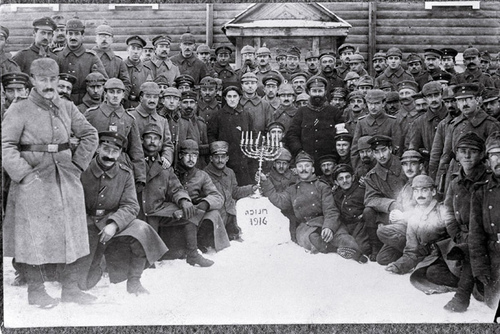
The outbreak of the First World War signaled to Jewish German soldiers the opportunity to be treated equal to the country’s non-Jews. They also felt the fighting on the Eastern Front would allow them to liberate Eastern European Jews from the persecution they faced.
At the start of the conflict, some 12,000 Jewish soldiers volunteered to serve with the Imperial German Army, a number that ballooned to 100,000 by the end of the war. Of that, 70,000 fought on the frontlines, with 3,000 being promoted to officer ranks, which they were only allowed to hold in the reserves. It’s estimated 12,000 German Jewish soldiers were killed in action (KIA).
In October 1916, the anti-semitic Judenzählung measures were implemented, alleging the country’s Jewish population was trying to avoid military service. This upset those who’d enlisted, of whom many were distinguished. This included Wilhelm Frankl, a Pour le Mérite recipient credited with 20 aerial victories, and Fritz Beckhardt, an air ace who scored 17 kills. The Luftwaffe erased the latter from the history books, to support their argument that Jews are cowards.
A recipient of the Iron Cross Second and First Class, as well as the Royal House Order of Hohenzollern, Beckhardt was twice congratulated by German Emperor Wilhelm II for his success in the air. Accused of having relations with a non-Jewish woman during the interwar period, he served an over-year-long imprisonment at Buchenwald. Upon his release, he and his wife escaped to Portugal, before settling in the United Kingdom.
Rise of the NSDAP during the interwar period
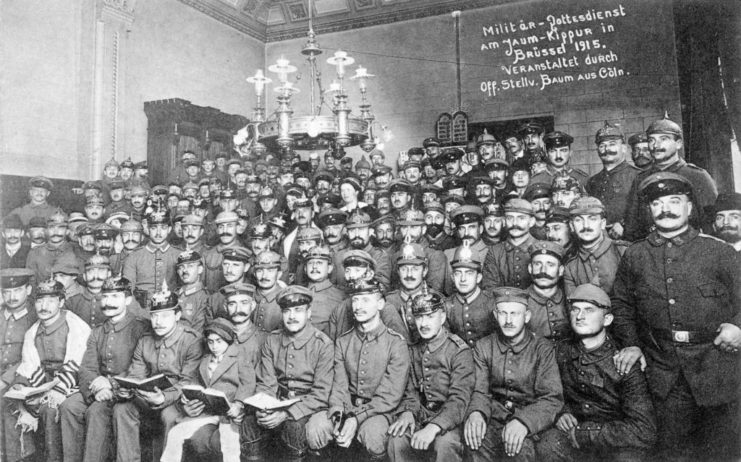
Following the conclusion of World War I, many Jewish German soldiers believed their service had proved their patriotism. Many were held in high-regard and accepted as members of veterans’ organizations, including the Reichsbund jüdischer Frontsoldaten (Reich Federation of Jewish Front-Line Soldiers), dedicated to promoting the sacrifices made by German Jews during the war.
Following the rise of the National Socialist German Workers’ Party (NSDAP) in 1933, Jewish veterans were protected against certain measures, as German President Paul von Hindenburg had intervened on their behalf. This changed, however, following his death in 1935.
Following the events of Kristallnacht three years later, Jewish veterans were told by a number of organizations to emigrate from Germany, prompting nearly 40,000 to do so. Those who remained had to contend with the NSDAP’s attempts to erase the efforts of Jewish German soldiers during WWI, so they could be treated like any other Jewish citizen.
The anti-semitic policies put in place by the NSDAP were largely supported due to what became known as the “stab-in-the-back myth,” which stated that Germany hadn’t lost WWI on the battlefield, but, rather, because of certain citizen groups on the home front. This included Jews, socialists and Republican politicians.
Crackdown of Jewish German soldiers during World War II
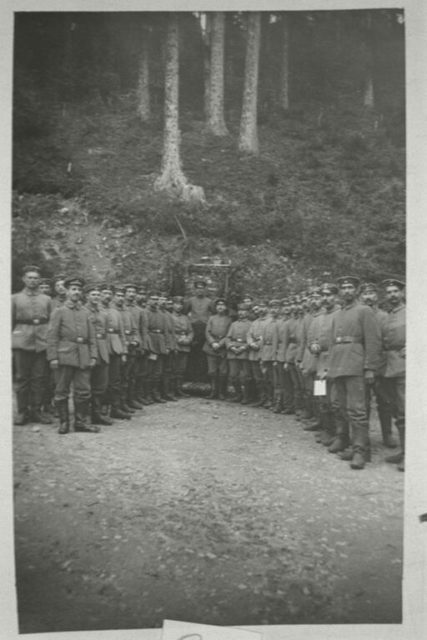
Upon the outbreak of World War II, Jewish veterans believed their service in the military would protect them against increased crackdowns across the country. However, in 1940, a law was passed, which stated Jews and those with two Jewish grandparents were to be kicked out of the armed forces.
That’s not to say Jewish soldiers didn’t fight in the German Army during the conflict. Some were drafted, while others willingly served in honor of their fathers who’d enlisted during WWI. Many of these men felt the Nuremberg Laws didn’t apply to them, and some went so far as to falsify their papers, so they could serve. There were even a handful of soldiers who believed their service would spare the lives of their family members, which proved to not be the case.
In 1942, Theresienstadt was established to house Jewish veterans, allowing the German Army to remove them from society. As Bryan Riggs told the Los Angeles Times, “When the transports came to pick them up for deportation, they came out in uniforms with their medals.”
There were also times when the Führer himself made exceptions to let Jewish German soldiers serve. In a personnel document dating back to 1944, 77 high-ranking officers “of mixed Jewish race or married to a Jew” were declared to be of German blood. While the country’s leader despised Germany’s Jewish population, he realized he needed experienced military men to serve as soldiers and commanders.
Hugo Gutmann
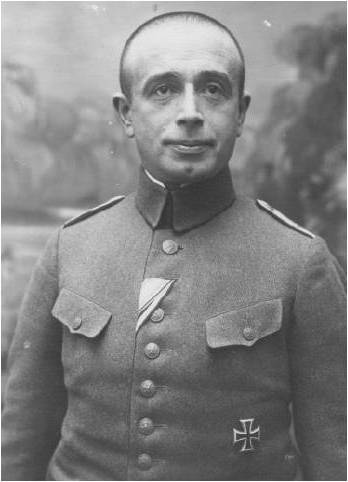
Hugo Gutmann was a Jewish military officer who served in the Bavarian Army during the First World War. He was transferred to the reserves in 1904 and recalled when the conflict broke out, eventually rising to the rank of lieutenant. Gutmann was also appointed as a company commander and acting adjutant for the “List” Regiment’s artillery battalion. He was a highly decorated soldier, having been presented with the Iron Cross Second and First Class in 1914 and ’15, respectively.
While in this role, Gutmann served as the future Führer’s direct superior, going so far as to recommend him for the Iron Cross First Class, which he received in August 1918. Following WWI, he was demobilized from the military and served as a reserve lieutenant. However, in 1935, under the recently-passed Nuremberg Laws, the soldier lost his German citizenship and veteran roles in the Army, due to his Jewish faith.
A few years later, Gutmann was arrested by the Gestapo, but released after the SS learned of his military background. He and his family subsequently left Germany and emigrated to Belgium, before moving to the United States prior to the German invasion of the Low Countries. He lived in the US until his death in June 1962, working as a typewriter salesman.
Berthold Guthmann
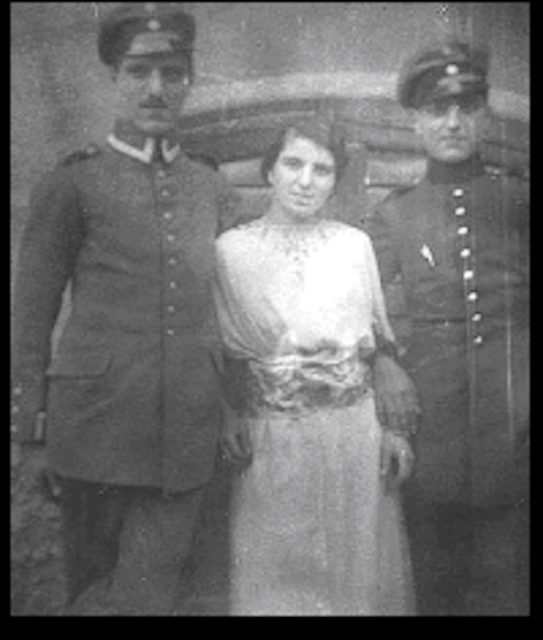
Berthold Guthmann was a Jewish soldier who volunteered to serve as part of the Imperial German Army at the outbreak of WWI, along with his two brothers. He subsequently joined Schutzstaffel 3 of the Luftstreitkräfte (Imperial German Air Service) as a gunner and observer, and was awarded the Iron Cross Second Class for his actions in combat.
Following the war, Guthmann became an attorney in a large Jewish community. In 1938, shortly after the events of Kristallnacht, he was arrested and sent to Buchenwald for a brief period of time. When the Jews living in Wiesbaden, Hesse were deported to Theresienstadt, his was one of three families initially spared. However, they were deported in late 1942, with Guthmann being executed at Auschwitz almost immediately after his arrival.
While his son, Paul, was killed at Mauthausen, Guthmann’s wife and daughter survived, with the latter emigrating to the US after the end of WWII. The WWI veteran was not the only one to have lost his life in a concentration camp, with others being Siegfried Klein and Martin Salomonski.
Leo Baeck
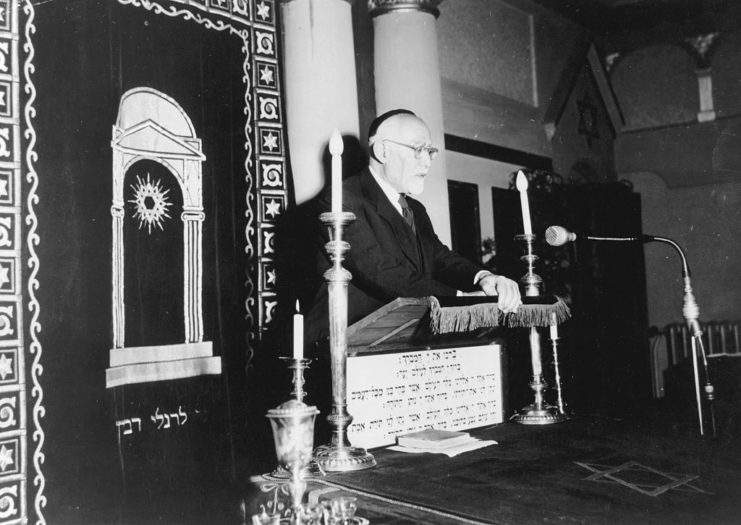
Serving as a chaplain in the Imperial German Army during the First World War, Leo Baeck was a proponent for the Jewish people and their faith. When the NSDAP came into power in 1933, he became president of the Reichsvertretung der Deutschen Juden (Reich Representation of German Jews), which became the government-controlled Reichsvereinigung (Reich Association of Jews in Germany) following Kristallnacht.
In January 1943, Baeck was deported to Theresienstadt, despite attempts by a number of American institutions to help him escape Germany. The rabbi refused all offers, not wanting to abandoned his community. At the camp, he became the “honorary head” of the Council of Elders, which afforded him protection from transports, as well as more frequent mail deliveries and better food and accommodations.

